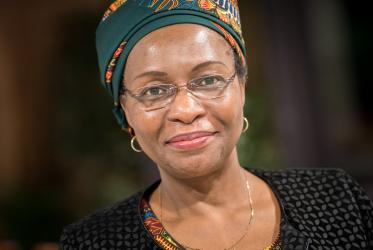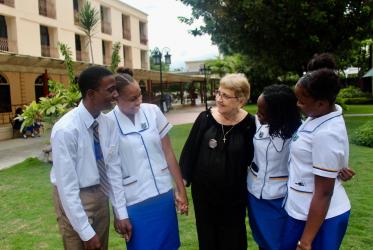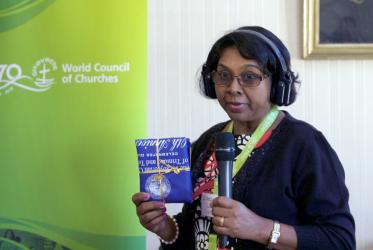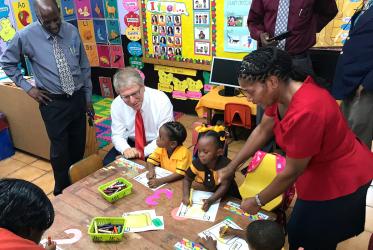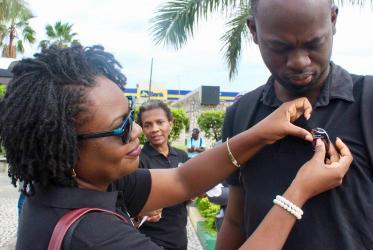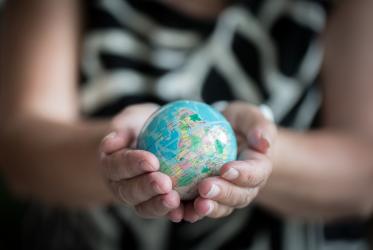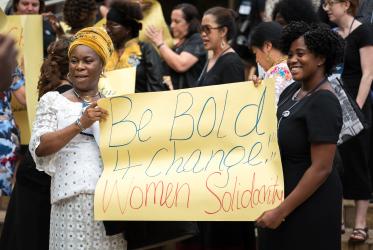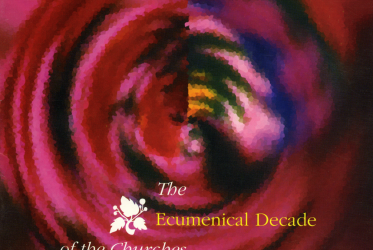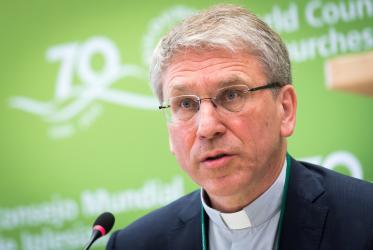Displaying 41 - 60 of 93
“If this is the ecumenical movement I want to be in!”
11 October 2018
Trinidad and Tobago church challenges plastic pollution
09 October 2018
Jamaica vantage point for Caribbean ecumenism
05 October 2018
Linette Vassel: “We need to examine power more deeply as women”
03 October 2018
Diakonia: “a tool to reach abundance of life”
24 July 2018
#WCC70: A prayer about health and healing
20 July 2018
Seven weeks of Lent highlight water justice in Latin America
12 February 2018
"We have our work cut out for us"
10 August 2017
“Overcoming economic injustice” vision of WCC’s Athena Peralta
23 February 2017
New videos help congregations hasten HIV response
20 October 2016
